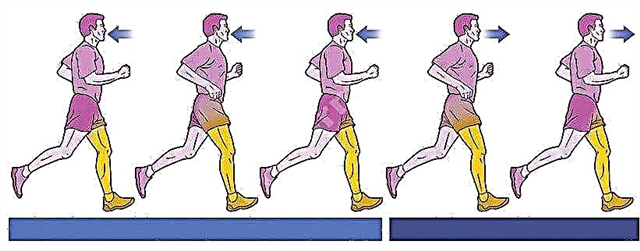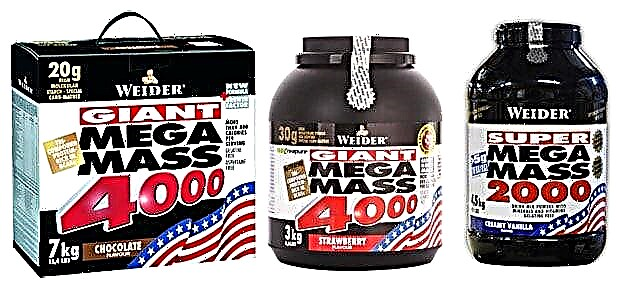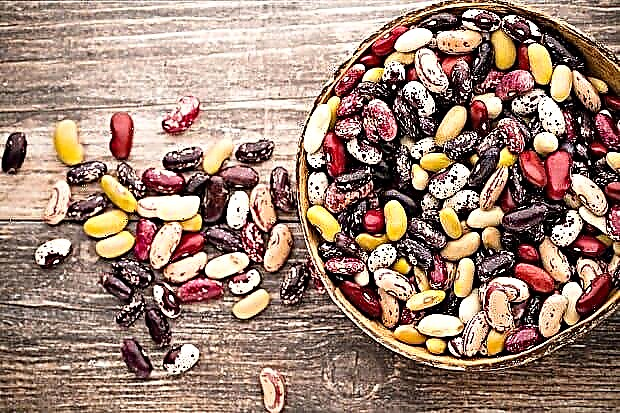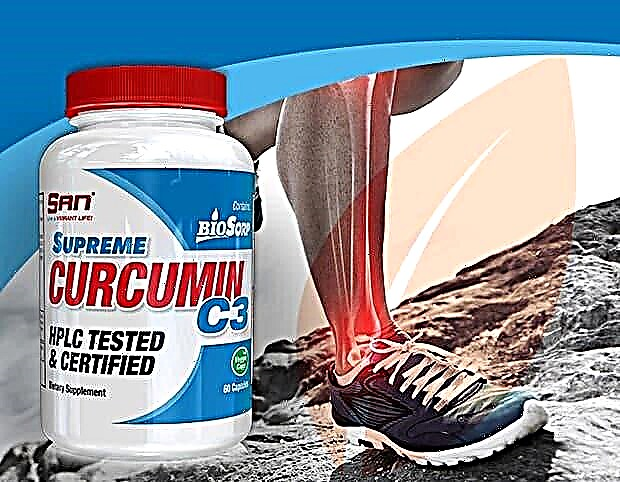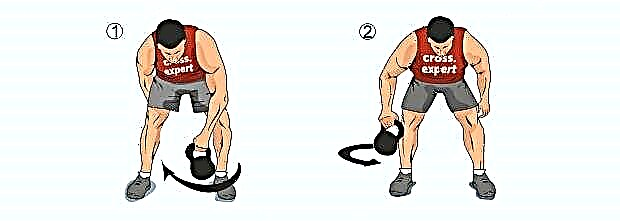Vitamin B6 (pyridoxine) is a group of biologically active water-soluble compounds based on a ring structure (pyridine ring). Three forms are known - pyridoxine, pyridoxal, pyridoxamine, the molecules of which differ in the location and type of attached groups. In the body, they act in a complex and have identical properties.
Vitamin B6 is involved in all major biochemical processes and is part of many enzymes. Without it, the full functioning of internal systems and the normal development of the human body are impossible. A small amount of this substance is produced in the intestines, but most of it comes from food.
Biological effects
Pyridoxine (mainly in the form of its coenzymes) contributes to:
- Active breakdown of fats, which helps to lose weight.
- Stimulating the metabolic process and increasing the production of cellular energy.
- Improving performance and endurance.
- Normalization of the hematopoietic system, stabilization of the production of hemoglobin and red blood cells.
- Improving the transmission of impulses of inhibition and excitation in the central nervous system and increasing resistance to stress.
- Maintaining an optimal level of homocysteine in the blood, which prevents the destruction of cells in the walls of blood vessels and the occurrence of cardiovascular disease.
- The normal course of reactions of exchange and conversion of amino acids.
- Stabilize cholesterol and blood sugar levels.
- Activation of gluconeogenesis in the liver (synthesis of glucose from non-carbohydrate components), which increases the tolerance of heavy physical exertion.
- Improvement of the skin.
- Liberation of the liver from fatty deposits.
Pyridoxine in sports
Various nutritional systems, supplements and multivitamin complexes have long been used to increase the effectiveness of sports activities. Among them, a special place is occupied by vitamins of group B, on the sufficient concentration of which the endurance and performance of the athlete and his psycho-emotional state depend.
Vitamin B6 is one of the essential components of various special formulations to intensify the training process, which are used in all sports.
Possessing the property of improving the assimilation of other vitamins and minerals, it makes it possible to quickly saturate the cellular tissues with the necessary nutrients, to ensure the normal course of biochemical reactions and the stable work of all organs under conditions of maximum physical exertion.
Due to the ability of this vitamin to stimulate the full use of the internal reserves of the body, in cyclic sports it is possible to significantly improve the effectiveness of passing long distances. Its beneficial effect on the nervous system makes the training process comfortable and prevents nervous breakdowns in case of setbacks and overloads.
In bodybuilding, pyridoxine is used to build muscle. Its immediate positive effect on the processing of protein compounds makes it an indispensable tool for improving the absorption of large doses of proteins. This allows you to significantly accelerate the increase in volume and improvement of muscle definition.
Vitamin deficiency symptoms
Insufficient saturation of the body with vitamin B6 causes:
- Decreased muscle tone and the appearance of apathy and weakness.
- Deterioration of cognitive ability and concentration.
- Disorder of the functioning of the hematopoietic system, up to the onset of anemia.
- Skin diseases (dermatitis, cheilosis, stomatitis).
- Violation of fluid balance and the appearance of puffiness.
- Imbalance of nervous activity (irritability, insomnia, increased fatigue occur).
- Reduced immunity and body resistance to external factors.
- Loss of appetite.
Vitamin in foods
Many foods contain adequate amounts of vitamin B6. Most of it is contained in brewer's yeast - 4 mg per 100 g, and pistachios - 1.7 mg per 100 g. Other types of nuts, as well as seeds of sunflower and legumes, rice, wheat and meat are also rich in this valuable compound.
The table shows the amount of pyridoxine in 100 g.
Name | Vitamin B6 content, mg |
| Brewer's yeast | 4,0 |
| Pistachios | 1,7 |
| Beans | 0,9 |
| Soy | 0,85 |
| Meat | 0,8 |
| Whole rice | 0,7 |
| Cheese | 0,7 |
| Chicken meat of the 2nd category | 0,61 |
| Durum wheat | 0,6 |
| Millet groats | 0,52 |
| A fish | 0,4 |
| Buckwheat | 0,4 |
| Category 2 beef | 0,39 |
| Pork (meat) | 0,33 |
| Peas | 0,3 |
| Potatoes | 0,3 |
| Chicken eggs | 0,2 |
| Fruits and vegetables | ≈ 0,1 |

© alfaolga - stock.adobe.com
Instructions for use
Without increased physical exertion and with a varied diet for normal human life, a sufficient amount of pyridoxine is absorbed from food and replenished through its own synthesis. In such conditions, the daily intake of the body is no more than 2 mg.
During training, all internal processes are intensified in athletes. For their normal course and the full functioning of all organs, increased expenditure of energy, trace elements and nutrients, including vitamin B6, is required. An increase in the use of this compound helps to maintain the athlete's athletic form at the proper level and not to reduce the effectiveness of the exercises. This is especially true when doing bodybuilding. In this case, you can take up to 10 mg per day.
In the pre-competition period, a multiple increase in dosage is allowed, but not more than 100 mg per day.
The beneficial properties of pyridoxine are enhanced when used with other substances. It works well with benfotiamine, a synthetic analogue of vitamin B1. This combination is rapidly absorbed in the gastrointestinal tract, 100% absorbed and has a more pronounced positive effect. Preparations from pyridoxine and magnesium have found widespread use, which have the beneficial properties of a vitamin, saturate cells with a valuable mineral and have an effective anticonvulsant effect.
Pyridoxine has good compatibility with all vitamins and many substances and trace elements. Therefore, it is often found in various supplements and multivitamin complex blends. In sports, a monoproduct in the form of tablets is mainly used to compensate for its deficiency. For intramuscular injections, pyridoxine hydrochloride is used, which is available in the form of a solution in ampoules. It is a medicine and is registered in the radar station (register of medicines of Russia).
These products are inexpensive. The price of a package of 50 tablets of 10 mg each ranges from 22 to 52 rubles, 10 pcs. ampoules of solution for injection cost from 20 to 25 rubles.
Each of the drugs is accompanied by instructions for use, the requirements of which must be observed in order to prevent negative consequences. If you have health problems, then you should take the vitamin after consulting your doctor. Dosage and dosage regimen for athletes is determined by the coach and sports medical professional.
Toxicity
Subject to the intake rate, pyridoxine does not have a negative effect on the body. Increased daily dosages (from 2 to 10 g) can cause irritability and sleep disturbances.

